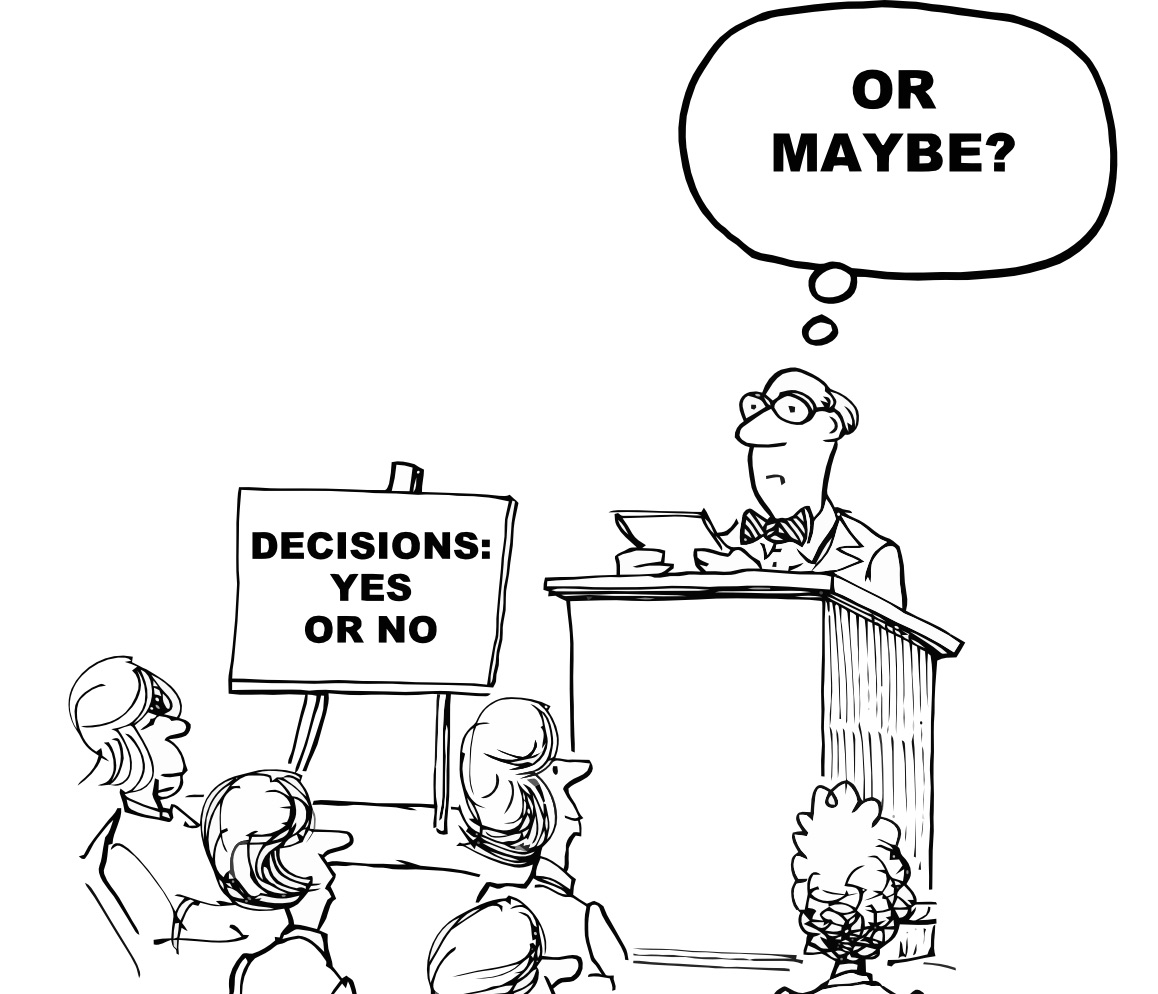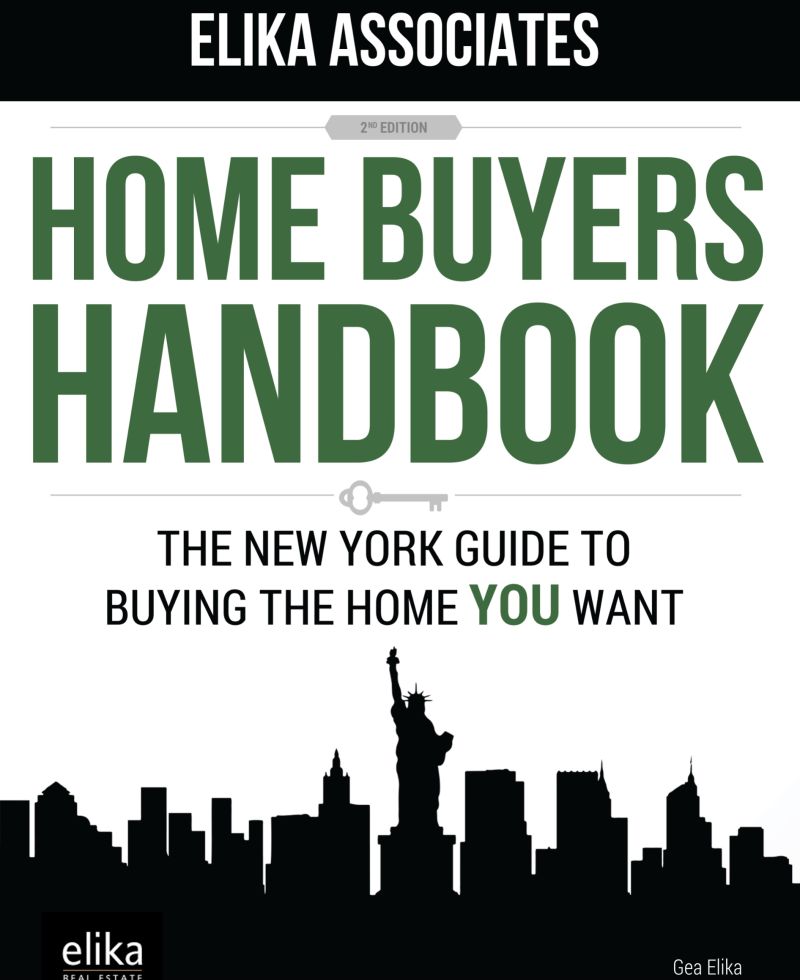Table of Contents Show
Anyone new to the NYC real estate game would do well to investigate what makes it different from the rest of the county—mainly regarding when a contract becomes binding. Unlike in other states, a contract does not become binding until both parties have signed. This can seem unfair because a seller can accept your offer and deposit. – but then choose to back out if they get cold feet or a better offer comes along; however, this changes once the seller has counter-signed the purchase contract. Technically, they can still back out, but they will risk being sued for litigation. Read on to understand better when a seller can and can’t back out of a deal in NYC.
Can a seller back out after accepting an offer?Can a seller back out after accepting an offer?
The buyer and seller are free to walk away until both the buyer and seller have signed the purchase contract. This is regardless of whether they agreed verbally or in writing. Unfortunately, it’s widespread in New York for sellers to entertain multiple offers to tie in as many interested buyers as possible and choose the best one. This frustrates buyers as the seller is typically the last to sign the purchase contract. Unfortunately, there is little you can do about it if it happens to you, so it’s best to move on.
Can a seller back out after a home inspection?Can a seller back out after a home inspection?
A home inspection is typically done during due diligence before the buyer signs the purchase contract. Both parties can walk away if the home inspection finds something and renegotiations fail. There are good reasons for this, as buyers will want to know any hidden issues before signing the contract. For instance, if the home inspection uncovers mold or other defects, they can negotiate for a reduced price or ask for a contingency in the contract. The sellers agree to fix the issues before scheduling a closing day. It’s entirely up to the sellers to accept the demands or decline and look for another buyer.
Can a seller back out after co-signing a purchase contract?Can a seller back out after co-signing a purchase contract?
Technically, yes; in effect, no. It’s infrequent for a seller to try and back out of a signed contract because they can be sued for breach of contract and face legal penalties. But, of course, this assumes that both parties have fully executed the contract and no contingencies have been activated.
For instance, if the property is a co-op apartment, the contract usually includes a contingency that allows the deal to be canceled without penalty to anyone if the board rejects the buyer’s co-op board package. Another example would be a mortgage financing contingency. This would allow the seller to back out if the buyer failed to secure financing for the purchase.
It’s also possible for a seller to back out if both sides agree. The buyer recently lost his job and now wants out of the deal, to take one example. The seller also wants out of the deal because, since signing the contract, the property’s price has increased from appreciation. Both sides agree amicably to cancel the contract and walk away without penalties.
What are the consequences if a seller backs out arbitrarily?What are the consequences if a seller backs out arbitrarily?
As alluded to above, a seller can back out of a signed purchase contract if they wish to, but it would be very much in their interest not to do so. The deal is binding once the contract has been counter-signed, bearing any contingencies being met.
That’s because of something in real estate laws called a “specific performance” provision. This entitles buyers to force the seller to honor their obligations in the contract. It usually involves taking the seller to court and moving the completion of the sale. However, this will mean a lot of time and legal expenses. The option most go for is to sue for damages from the seller for breach of contract. This can recoup costs from temporary housing, storage, legal fees, and home inspection fees. Most sellers facing such a scenario will agree to pay the fees and end the ordeal.








